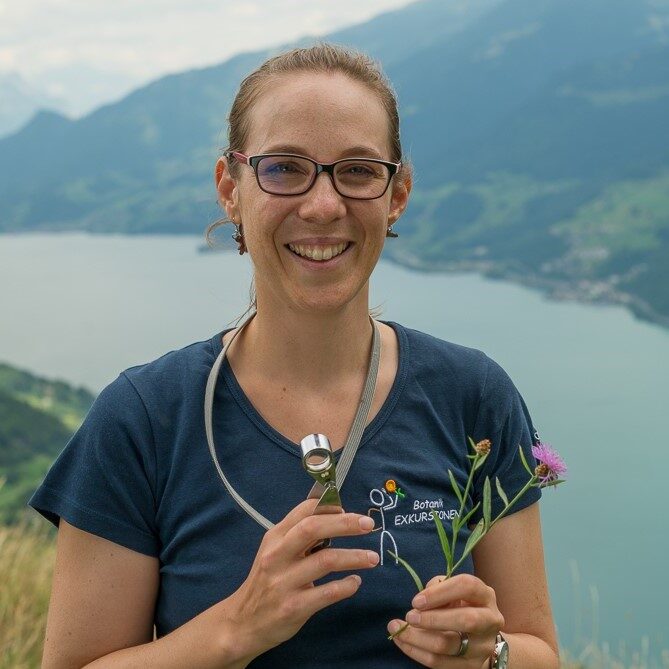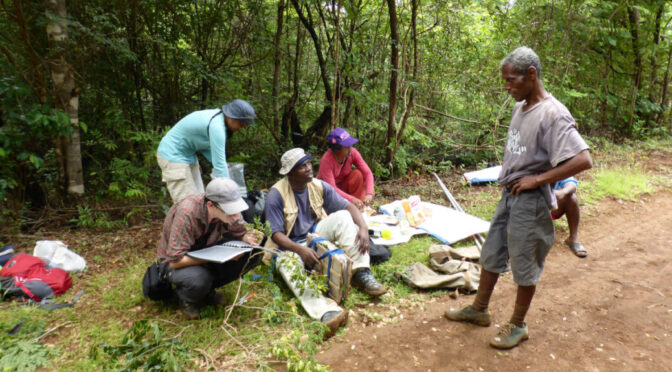By Sonja Hassold
What was the main impact for policy?
Madagascar is a biodiversity hotspot and its forests harbor a vast diversity of precious woods. For decades, ever increasing demand for timber on the international market and its high commercial value have led to massive illegal exploitation of rosewood, palisander and ebony species in Madagascar. Controlling the international trade of illegally logged timber is challenging. One reason is that logs and sawn wood are difficult to assign to species or geographic origin (provenance).
Sonja Hassold, in close cooperation between ETH Zurich, Zoo Zurich and the Convention on International Trade in Endangered Species of Wild Fauna and Flora (CITES) as well as Wildlife Conservation Society (WCS) and Silo National des Graines Forestières (SNGF) in Madagascar developed molecular identification methods for carrying out origin analysis for illegally logged and transported Malagasy rosewood. This opened up a new dimension in follow-up projects and cooperation for the prosecution and detection of illegal timber trade on a global scale.
What evidence was useful for policymaking?
A very valuable database for molecular identification of Malagasy rosewood through DNA marker analysis was established during the PhD thesis.
In a follow-up project Hassold established a fully documented reference sample collection of CITES-listed Malagasy Dalbergia (rosewood) species with a standardized sampling protocol together with CITES, Missouri Botanical Garden (MBG) and Partners of the department of plant biology and ecology (DBEV) at the University of Antananarivo. The availability of a collection of linked and carefully vouchered samples that could, for the first time ever, be used by different disciplines in order to compare results and assess the power and suitability of different methods allows now to analyze trunk samples and match them to species in the established databases. Test cases will still have to demonstrate feasibility and precision on the global market and in prosecution, but he project is now closer than ever to implement the developed methodologies on
an international level.
Reference
Hassold et al. (2016). DNA Barcoding of Malagasy Rosewoods: Towards a Molecular Identification of CITES-Listed Dalbergia Species.
PlosOne: https://doi.org/10.1371/journal.pone.0157881

Sonja Hassold is still accompa-nying the new follow-up projects in Madagascar but she is now mainly self-employed. Together with a colleague she founded the start-up “Botanik Exkursionen”.
For five years now she is leading botanical excursions and courses in Switzerland, training students and professionals in systematic botany, doing vegetation assessments or private requests for guided botanical tours for “Botanik Exkursionen”. Her PhD project was funded by Mercator Foundation Switzerland.

